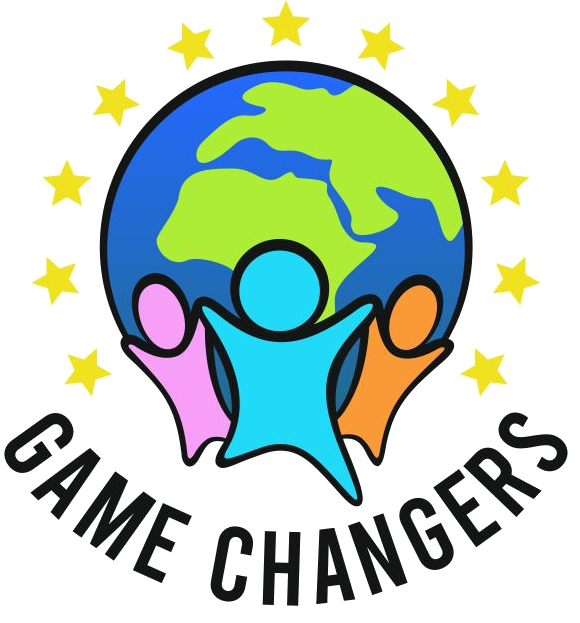The project’s flagship outcome is radical in the sense that it offers authentic and uncompromised innovation in all guidance dimensions:
– the open schooling approach is totally different from traditional classroom activity
– learning takes place on demand not when scheduled
– the players in the politics detectives scenes are not educationalists, but all sorts of community resources
– the politics detection takes place in real-life and in real-time
– the young students are the drivers of the missions, not the objects of teaching
– the guidance includes a radical deconstruction of what politics and democracy is and could be, and how young people need to re-define and re-think politics and democracy.
Our achieved the main outputs during the project period
- Developed an interactive Radical School Guide to Engagement of Young Students in Politics and Democracy for schools teachers and students across Europe with detailed documentations about the main implemented activities during the project;
- Developed digital stories about students‘ implemented practices in politics and democracy:
- Created 2 e-portfolio from Institut de Vilafant (Spain) and Pasvalio Levens pagrindine mokykla (Lithuania)
- Created the blog Osnovna sola Staneta Zagarja Lipnica (Slovenia)
- Created 3 videos form PALTON M.E.P.E. (Greece), Elazig Egitimcilik Tic.ve San. (Turkey) and join Spain-Lithuanian teams.
- Prepared Study of the reasons for the lack of interest in politics and democracy among the young generations (in Lithuanian and in English).
- Adapted Policy paper. Europa, where are you going (in Lithuanian and in English).
- Developed the project web-site: gamechangernetwork.eu with availability to translate all information in 6 languages’.
- Disseminated 11 newsletters about the project’ activities.
Implemented dissemination activities with project presentation in 3 international conferences, publications in EPALE, Erasmus+ and local media.
Our achieved KPI by numbers:
- 1 project: ,,Young Students As Political Game Changers Developing An Easy-To-Use Model For Secondary Schools To Help Engage Young Students In Politics Based On Their Own Interests And Their 21st Century Culture“:.
- 2 knowledge partners;
- 1 the evaluation and quality partner;
- 5 practice – school partners:
- 1 associated partner – Children day care center Navininkai;
- 1 Blended mobility with 53 participants;
- 5 implemented multiplier events with 198 participants;
- 25000 people were targeted by the activities organized by the project.
ADDITIONAL RESOURCES
- Center for Civic Education. (2020a). Project Citizen. Retrieved from: https://www.civiced.org/projectcitizen
- Center for Civic Education. (2020b). Project Citizen portfolio. Retrieved from: http://www.civiced.org/digitalPortfolio/
- Fine, T. S. & Scheiner-Fisher, C. (2013). Gauging pre-service teacher perceptions of incorporating Project Citizen in school curricula as a vehicle for civic education. E-Journal of Public Affairs, 2 (2). Retrieved from: http://ejopa.missouristate.edu/index.php/ejournal/article/view/16
- Root, S. & Northup, J. (2007). Project Citizen evaluation report. Denver: RMC Research Corporation. Retrieved from: http://www.civiced.org/index.php?page=project_citizen_research
- Nairne, J. (2008). Evaluation of We the People: Project Citizen summer institutes: How professional development translates into classroom instruction. Retrieved from: http://www.civiced.org/pdfs/PC/PCsummInstEval2008.pdf
